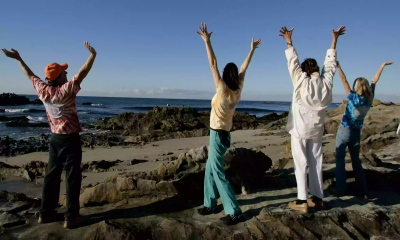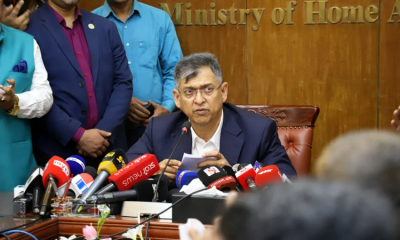In 52 of the 55 countries examined, vaccination attitudes among the general population deteriorated during the COVID-19 pandemic, UNICEF said in a new report on immunization released on Thursday.
According to "The State of the World`s Children 2023: For Every Child, Vaccination," once the pandemic began, attitudes toward the value of childhood vaccinations in the Republic of Korea, Papua New Guinea, Ghana, Senegal, and Japan decreased by more than a third.
In the new data, collected by The Vaccine Confidence Project and published today by UNICEF, China, India and Mexico were the only countries studied where the data indicates the perception of the importance of vaccines held firm or even improved. In most countries, people under 35 and women were more likely to report less confidence about vaccines for children after the start of the pandemic.
Vaccine confidence is volatile and time specific.
Additional data collection and further analysis will be required to determine if the findings are indicative of a longer-term trend. Despite the falls, overall support for vaccines remains relatively strong. In almost half the 55 countries studied more than 80 percent of respondents perceived vaccines as important for children.
However, the report warns the confluence of several factors suggest the threat of vaccine hesitancy may be growing.
These factors include uncertainty about the response to the pandemic, growing access to misleading information, declining trust in expertise, and political polarisation.
“At the height of the pandemic, scientists rapidly developed vaccines that saved countless lives. But despite this historic achievement, fear and disinformation about all types of vaccines circulated as widely as the virus itself,” said Catherine Russell, UNICEF Executive Director.
“This data is a worrying warning signal. We cannot allow confidence in routine immunizations to become another victim of the pandemic. Otherwise, the next wave of deaths could be of more children with measles, diphtheria or other preventable diseases.”Alarmingly, the decline in confidence comes amid the largest sustained backslide in childhood immunisation in 30 years, fuelled by the COVID-19 pandemic.





-20260108103159.webp)






-20260224075258.webp)


-20260224065127.webp)



-20260223082704.webp)
-20260223074941.jpeg)
-20260223062301.jpg)
















